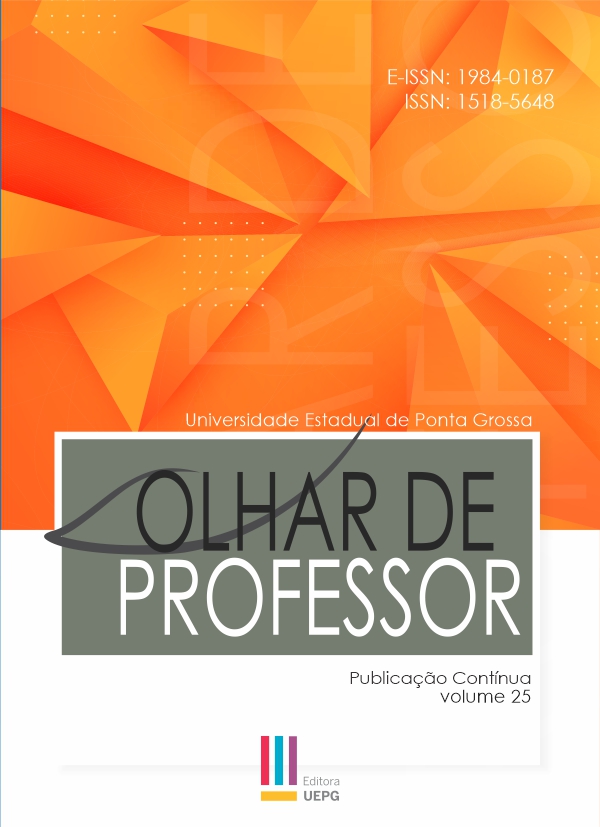Training of field teachers in nature sciences in Brazil: alternation and construction of a field and society project
Main Article Content
Abstract
The Education of the Countryside has the mission of consolidating a Formal Education and specific to the people of the countryside. Thus, we aim to focus on the discussion of two fundamental principles in the training of rural teachers: a) Field and Society Project b) Alternation. For that, we used content analysis of the Political-Pedagogical Projects of five Brazilian Federal Universities. All the documents analyzed presented the need for plural teacher training to build an education focused on understanding the social context of the subjects, thereby seeking to transform their realities. All courses are organized in Alternation Regime, which is the articulation between Tempo-Comunidade (TC) and Tempo-Universidade (TU) or Tempo-Escola (TE) and has its curricular organization established in nuclei / domains.v
Downloads
Article Details
Authors who publish in this journal agree with the following terms:
a) Authors keep the copyrights and concede the right of its first publication to the magazine. The work piece must be simultaneously licensed on the Creative Commons Attribution License which allows the paper sharing, and preserves both the author identity and the right of first publication to this magazine.
b) Authors are authorized to assume additional contracts separately, to not-exclusively distribution of the paper version published in this magazine (e.g.: publish in institutional repository or as a book chapter), with the author identity recognition and its first publication in this magazine.
c) Authors are permitted and stimulated to publish and distribute their papers online (e.g.: in institutional repository or on their personal webpage), considering it can generate productive alterations, as well as increase the impact and the quotations of the published paper.
d) This journal provides public access to all its content, as this allows a greater visibility and reach of published articles and reviews. For more information on this approach, visit the Public Knowledge Project, a project that developed this system to improve the academic and public quality of the research, distributing OJS as well as other software to support the publication system of public access to academic sources.
e) The names and e-mail addresses on this site will be used exclusively for the purposes of the journal and are not available for other purposes.

This work is licensed under a Creative Commons Attribution 4.0 International License.





